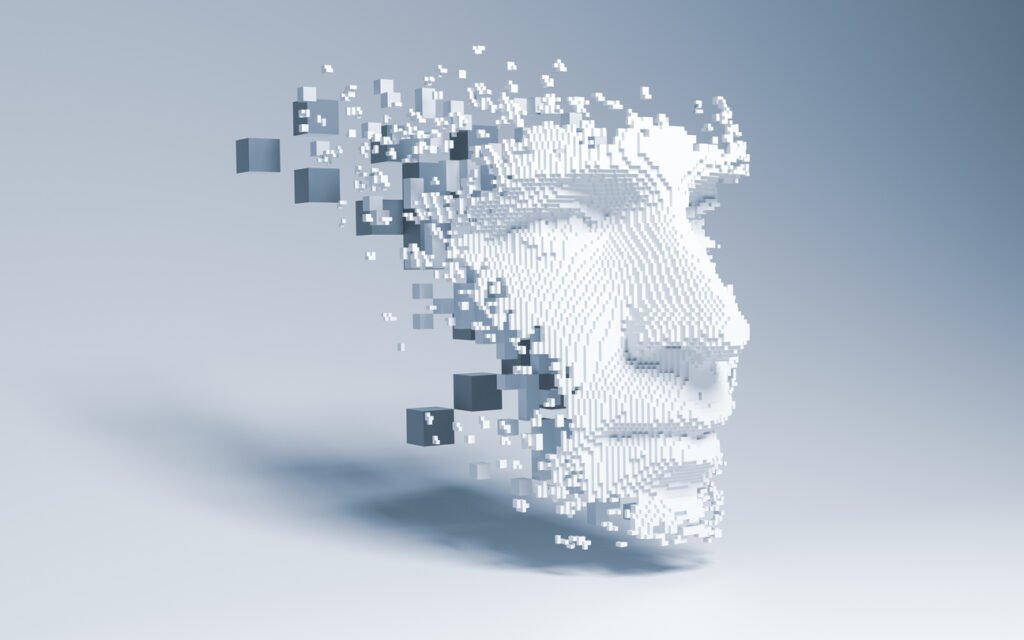How Artificial Intelligence will replace or create jobs?
Artificial Intelligence is the latest technology buzz topic thanks to the boom of ChatGPT.
The AI-powered chatbot, created by Microsoft-backed OpenAI, has both impressed and shocked with its ability to answer questions, write essays, and even argue legal cases.
Its capabilities have also put another topic at the forefront of people’s minds: if, how, and when artificial intelligence might impact their jobs and careers. And while concerns about AI-based technology taking over people’s jobs have spiralled, experts say it’s not quite simple.
The short answer to the question of whether AI will replace some jobs is a big, fat “yes”.
Developments in artificial intelligence mean that technology can achieve more and more, and that will, of course, impact jobs, Steven Miller, professor emeritus of information systems at Singapore Management University, said.
“As physical machines, software systems, and combinations of hardware and software get more capable as a result of AI-enablement, it is increasingly possible as well as economically viable to replace a greater share of the portions of the human work of today with machines,” he told TAM.
Certain roles are more vulnerable to this than others, Miller adds, especially ones that are highly repetitive or based on very specific instructions or rules that lay out what needs to be done. On the flipside, tasks that change often and therefore require things like adaptability and flexibility are harder for technology to replace.
Jobs with a strong human element, such as being a therapist, are especially unlikely to be taken over by technology, according to Dimitris Papanikloaou, a professor of finance at the Kellogg School of Management at Northwestern University.
“Jobs that emphasise interpersonal skills are much harder to be replaced by an AI,” he says.
The concerns aren’t surprising, says Steve Chase, consulting leader at KPMG U.S.
“As with most technological advancements, an initial fear of job loss and displacement among workers is natural.”
However, it is crucial to keep several points in mind, he adds. First off, similar disruption has happened before, for example, the spread of computers or more advanced and specialised machines in factories.
These changed the way people work and what type of work they do and they did make some jobs redundant but today, we can’t imagine life without them. This is a centuries-old process, Miller says, adding that history shows if jobs are lost to new technology, other roles have been created in their place.
“The creation of new jobs resulting from the ability to create and deliver new types of goods and services has far outpaced the number of jobs displaced,” he explains.
